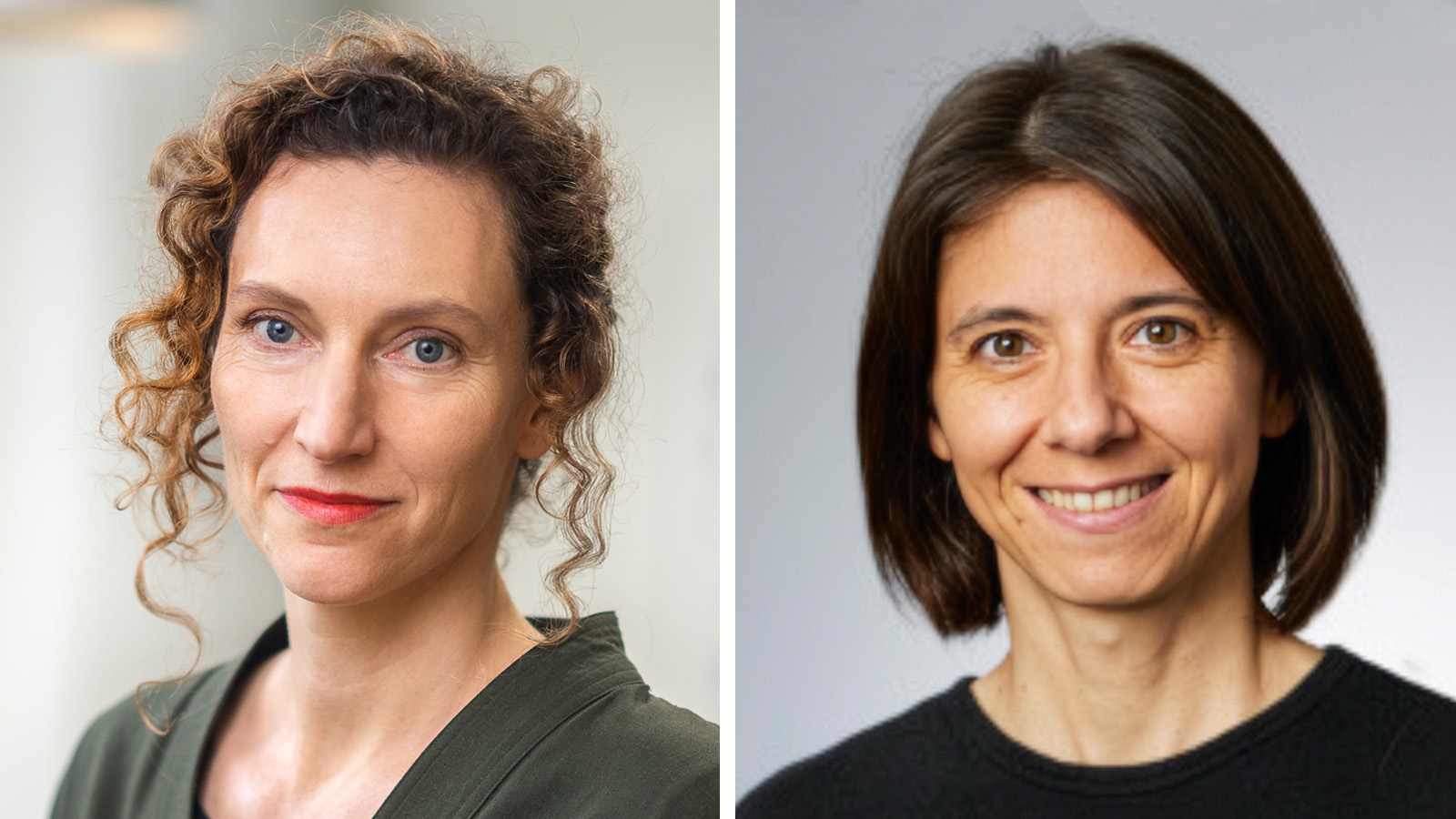Newly funded KTH projects reimagine public climate communication

KTH Climate Action Fellows Luigia Brandimarte and Karin Bradley have received project funding through Formas’ call “Effect! From Research to Impact.” Each project has been awarded nearly 4 million SEK to develop science-based, practical solutions for reduced consumption and more accessible climate services.
Project: Humanizing Climate Services
Project lead: Luigia Brandimarte, Department of Sustainable Development, Environmental Science and Engineering, KTH
Project partner: SMHI
The project Humanizing Climate Services explores new ways to communicate climate services by blending science with art, storytelling, and participatory design. The project will make climate services more relatable, actionable, and relevant to local communities.
Why did you start this project?
“The idea arose from the need to make climate services more human-centred to be impactful. The project was developed in response to a gap between scientific knowledge and public understanding. While climate services offer high-quality data and tools, their impact on local decision-making and public behaviour remains limited.”
What impact do you hope the project will have?
“The project aims to strengthen climate awareness, engagement, and preparedness among citizens, decision-makers, and organisations. By fostering emotional and cultural connections to climate services, the project is expected to encourage shared responsibility, informed action, and long-term adaptation aligned with Sweden’s national climate goals.”
Project: Demarketing Agency – Communication for Reduced Consumption
Project lead: Karin Bradley, Department of Urban Planning and Environment, KTH
Project participants: Jonatan Järbel and Eskil Engström, KTH
The project Demarketing Agency – Communication for Reduced Consumption will explore what “advertising for sufficiency” can mean. It seeks to address the contradiction between the need for people in affluent nations such as Sweden to reduce their material consumption and the messages to buy more that people encounter daily in advertising, news, and political calls. The project also supports Swedish municipalities in fulfilling their legal obligation to prevent waste and inform households about ways to reduce consumption.
Why did you start this project?
“We have been working with the eight-year transdisciplinary research programme Mistra Sustainable Consumption and many of the studies in that programme point towards the need to develop practices and policies for sufficiency. We thought it could be interesting to explore how this can be communicated in a creative and useful way.”
What impact do you hope the project will have?
“We will work together with Berghs School of Communication and the Gothenburg Region (an organisation comprising 13 municipalities) to explore what demarketing can mean. A more concrete objective is to develop communication material – campaigns, films, and graphics – that can be used by municipalities in their practical work on waste prevention and reducing novel consumption.”
